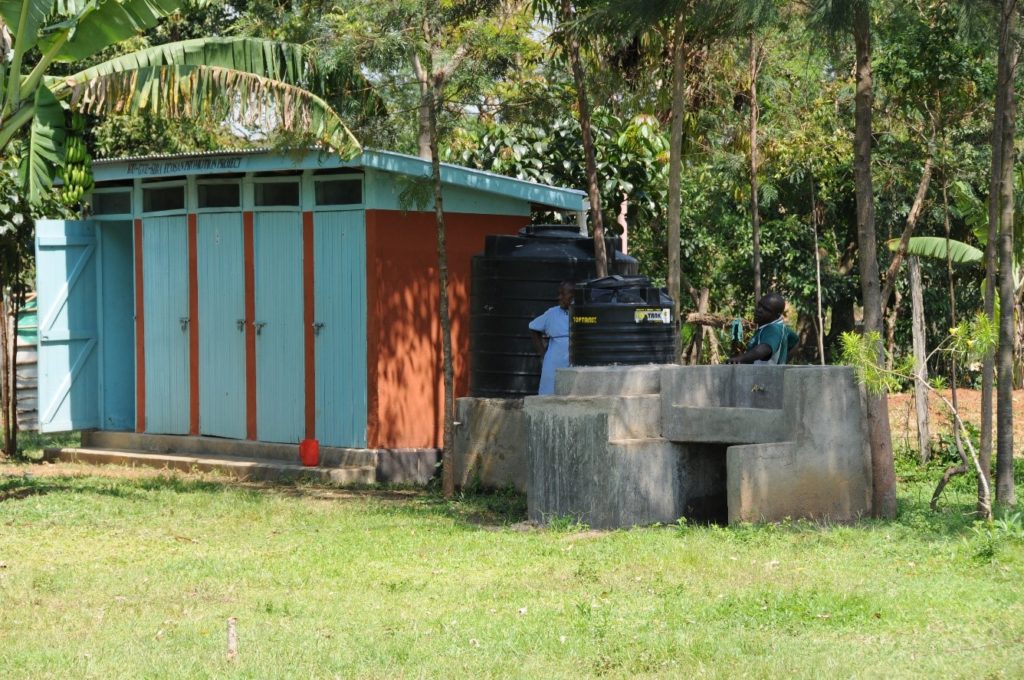NAIROBI – A joint report released last year by the World Health Organization (WHO) and the United National Children’s Fund (UNICEF) indicated that the sub-Saharan nation of Kenya is one of the countries facing an urgent need to overcome the problem of open defecation. Nearly 30% of the people in Kenya defecate in the open, use unsafe facilities, or toilet use that are shared by several families. Thirty percent becomes much more significant when we understand that it is the equivalent of 21 million people.

The country’s capital city, Nairobi, is considered “one of the most affected urban centers” in the world.
The IHE Delft Institute for Water Education in The Netherlands is the largest international graduate water education facility in the world. Its aim is to create a positive impact in countries around the world by developing problem-oriented research and knowledge.
“Operating from a water perspective, IHE Delft focuses on regional challenges, such as droughts, floods and deteriorating water quality, and global challenges, such as . . . ecosystem degradation, land loss, urbanization, sanitation, poverty, hunger, and migration. We embrace clear, integrated approaches and holistic solutions . . . especially in the Global South.”
The Institute has begun a project to place smart toilets in Kenya in hopes that these high-tech toilet systems will provide the impetus for bringing the country closer to being open defecation free (ODF).
The Institute’s eSOS® ( emergency Sanitation Operation System) concept is “designed to provide a sustainable, innovative, holistic and affordable sanitation solution for emergencies before, during, and after disasters. eSOS® not only reinvents the (emergency) toilet and treatment facilities, but also uses existing information and communication technology to bring innovation and potential cost savings to the entire sanitation operation and management chain, and most importantly, is expected to improve the quality of life of people in need.”
Soon, functional toilets that look like telephone booths (without the glass) will be placed in strategic locations in Nairobi and throughout Kenya. Each toilet uses sensors that constantly monitor the use and status of the toilets to ensure they are operating properly and notify personnel when each facility requires maintenance.
Each modular toilet is equipped with a solar panel and a rechargeable battery to ensure continuity of operation.
Using yet another technology developed by the Institute, the waste collected from the toilets is directed to a fecal sludge management facility. A new-developed technology and the use of microwave generators not only sterilizes and dehydrates feces and urine but also converts pathogenic human waste into clean water and inert, dry fertilizer. Tested and proven in The Netherlands and Kenya, construction of a new facility is already slated for Jordan.
Funding for the eSOS® project has been provided by the Asian Development Bank, the Via Water program, and the Bill & Melinda Gates Foundation.
To read more news on Open Defecation on Missions Box, go here.
Sources:
- Afrik21, KENYA: IHE Delft installs smart toilets in Nairobi
- IHE Delft Institute for Water Education, Research
Image Source:
- SuSan A Secretariat [CCBY2.0], via Wikimedia Commons
For more information on Open Defecation, go here:




